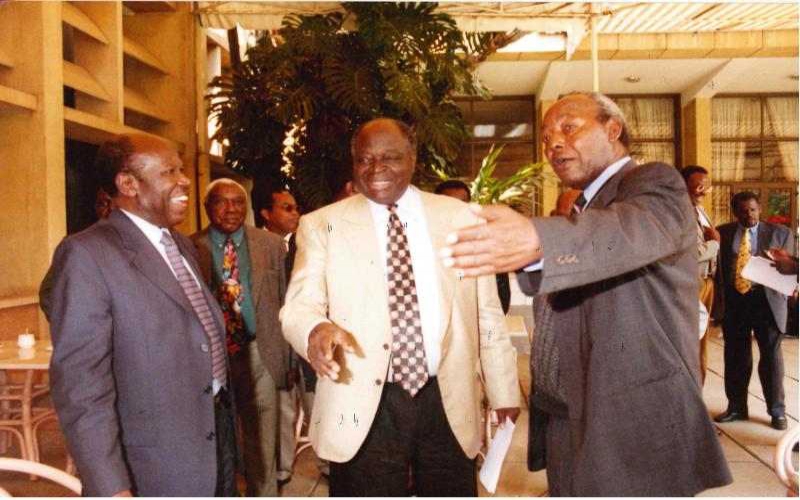He was probably the most hawkish minister in the Kibaki Administration, what with his warnings to citizens that they would be bitten if they rattled snakes. In our fourth serialisation of Kibaki Cabinets by the Kenya Year Book Editorial Board, we look at the man who scared matatus into behaving themselves and almost eliminated the Mungiki menace

Barely 20 minutes after President Mwai Kibaki had announced his Cabinet, John Michuki, then aged 71, arrived at the headquarters of the Ministry of Transport and Communications in Nairobi’s Upper Hill area to take over as minister.